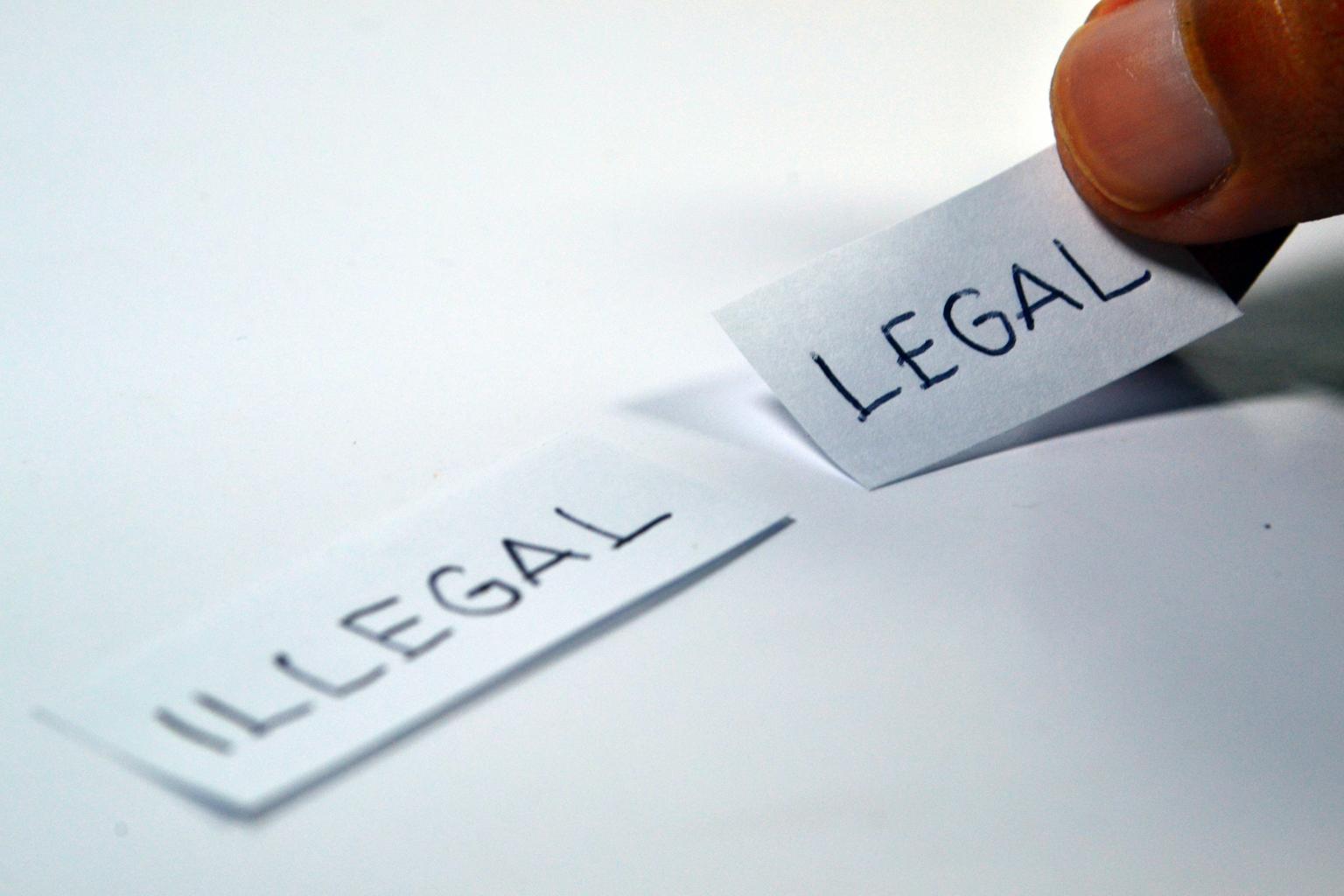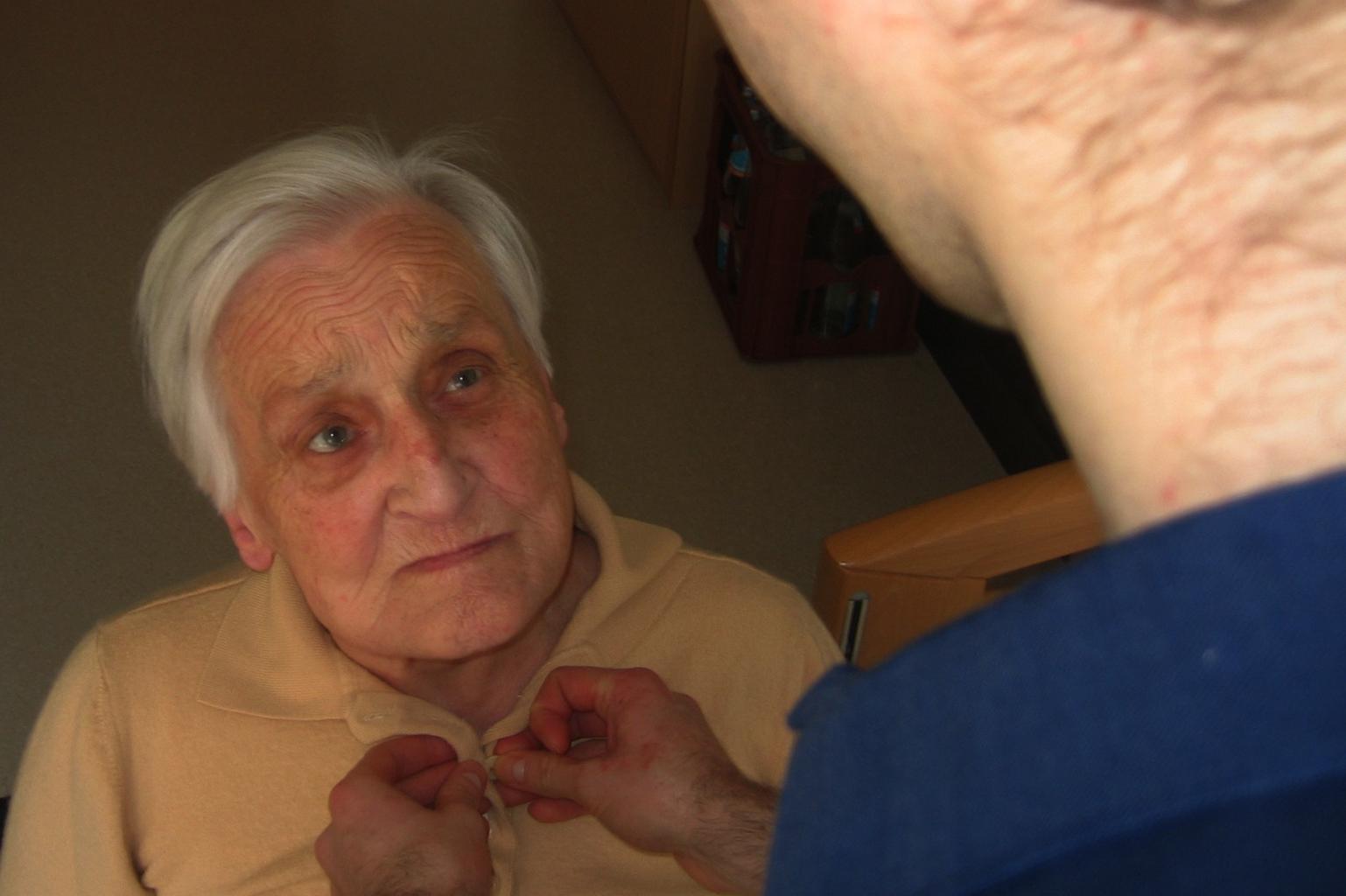Doe v. ARCHDIOCESE OF NY, 2025 NY Slip Op 50338 - NY Co. Supreme Court 2025:
Plaintiff argues that allowing plaintiff to proceed under a pseudonym would protect plaintiff from the stigma associated with sexual assault that may result upon disclosure of their identity in the instant matter. Plaintiff, like many other similarly situated plaintiffs, is concerned that disclosure of their identity will further stigmatize plaintiff, (NY St Cts Elec Filing [NYSCEF] Doc No. 3 ¶ 9).
The Victims of Gender-Motivated Violence Protection Law ("GMVA"), revives previously time-barred claims for "crime[s] of violence motivated by gender." (New York Administrative Code, Chapter 11 §§ 10-1101 — 10-1107).
The court finds that, based upon the affidavits of service, defendants were duly served with the instant Order to Show Cause, and none of them submitted opposition. (NYSCEF Doc No. 6, 7). While the relief herein is unopposed, the court has determined that a decision reflecting its deliberation on the application herein is warranted.
In general, "[t]he determination of whether to allow a plaintiff to proceed anonymously requires the court to use its discretion in balancing plaintiff's privacy interest against the presumption in favor of open trials and against any prejudice to defendant" (Anonymous v. Lerner, 124 AD3d 487, 487 [1st Dept 2015] [internal quotation marks and citations omitted]; see Doe v. Yeshiva Univ., 195 AD3d 565, 565 [1st Dept 2021]; see also Doe v. MacFarland, 66 Misc 3d 604 [Sup Ct 2019]; Doe v. Szul Jewelry, Inc., 2008 NY Slip Op 31382 [U] [Sup Ct, NY County 2008]; J. Doe No. 1 v. CBS Broadcasting, Inc., 24 AD3d 215 [1st Dept 2005]). Among the recognized values of open access to civil proceedings is that "the bright light cast upon the judicial process by public observation diminishes the possibilities for injustice, incompetence, perjury, and fraud" (Danco Labs. v. Chemical Works of Gedeon Richter, 274 AD2d 1, 7, [1st Dept 2000]). Likewise, the very openness of the process should provide the public "with a more complete understanding of the judicial system and a better perception of its fairness" and serves to "ensure that [the proceedings] are conducted efficiently, honestly and fairly" (Danco, 274 AD2d at 7, supra).
However, the right of the public, and the press, to access judicial proceedings is not absolute or unfettered, and involves judicial discretion (Doe v. Yeshiva Univ., 195 AD3d 565 at 565; Anonymous v. Lerner, 124 AD3d 487, 487) Moreover, access may still be respected in keeping with constitutional requirements while sensitive information is restricted in keeping with "the State's legitimate concern for the well-being" of an individual (Globe Newspaper Co. v. Superior Ct., 457 U.S. 596, 606 [1982]).
In addition, while "[i]t is elementary that the primary function of a pleading is to apprise an adverse party of the pleader's claim", the same does not necessarily apply to a pleader's name (Cole v. Mandell Food Stores, Inc., 93 NY2d 34, 40 [1999]).
Here, there can be little doubt that plaintiff's case will involve information of a personal and highly sensitive nature. Plaintiff alleges that they are the victim of sexual assault and that as a result they have suffered significant physical, emotional, and psychological injuries (NYSCEF Doc No. 1, ¶¶ 27-28) Defendants have neither opposed plaintiff's motion, nor do they make their own motion for anonymity. Because defendants are institutions, this Court cannot infer the same sort of personal risks apply to defendants. As such, based upon the unopposed motion and the documents received and reviewed, the court does not find that Defendants would be prejudiced at this time by the court granting plaintiff's Order to Show Cause to proceed anonymously.
An express purpose of the GMVA is to revive previously time-barred claims. (New York Administrative Code, Chapter 11 § 10-1105) Revealing plaintiff's identity may have a chilling effect on plaintiff in litigating the instant matter, and on other plaintiffs from pursuing similar litigation. (see e.g. John Doe No. 4 v. Rockefeller Univ., 2019 NY Slip Op. 33725[U], *2, 2019 WL 6354255 [Sup. Ct., NY County Nov. 22, 2019]). Such would directly contradict the express legislative purpose of the GMVA. (New York Administrative Code, Chapter 11 § 10-1102)
Granting anonymity to Plaintiff is a far less drastic limitation on the public's right to open proceedings than the sealing of records. (Doe v. New York Univ., 6 Misc 3d 866, 878 [Sup Ct 2004]). Plaintiff has not moved for sealing of the records. The public interest in seeing this case determined on the merits outweighs the public interest in knowing plaintiff's identity. (Doe v. Good Samaritan Hosp., 66 Misc 3d 444, 449 [Sup Ct 2019]).
Anonymity at this stage in the proceeding ensures that plaintiff will proceed with the action and effectuate that goal."










